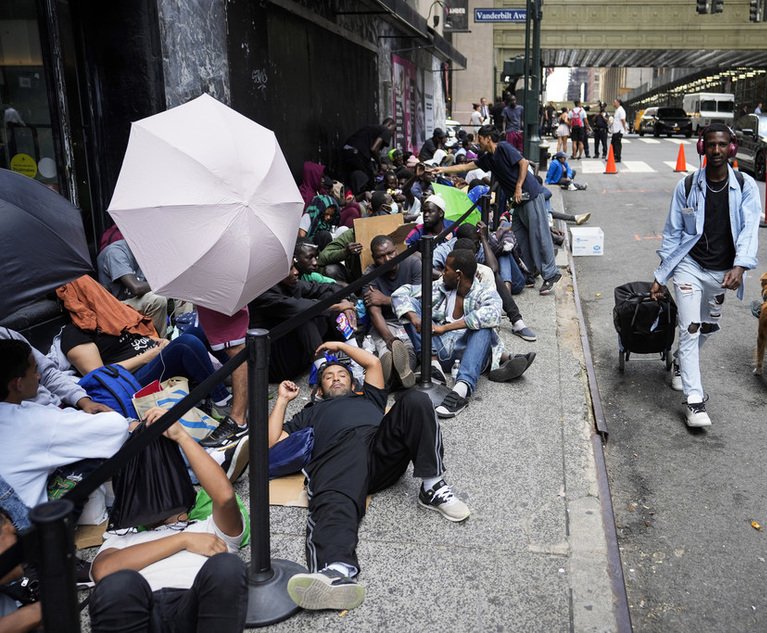During the height of the pandemic, state and local governments called upon hotel owners and operators to provide emergency housing for healthcare providers who did not want to sleep at their homes and risk infecting their families; visiting healthcare providers, public health officials and first responders reporting to the areas worst hit by the pandemic; travelers who never reached their final destination and needed a location to quarantine; and in many regions, people experiencing homelessness who had nowhere else to go.
 Bryan T. Mohler of Pryor Cashman. Courtesy photo
Bryan T. Mohler of Pryor Cashman. Courtesy photo
While most of those uses wound down as the pandemic waned, new emergency housing needs have arisen. Currently, record numbers of asylum seekers arriving in large cities around the country have created significant demand for emergency housing, and governments are again looking to hotels to fill this need. In this article, we examine some of issues that hospitality industry stakeholders need to consider as governments increasingly turn to hotels as a source of temporary housing.
The Rise of Hotels as Temporary Housing
 Meghan Hill
Meghan Hill
This content has been archived. It is available through our partners, LexisNexis® and Bloomberg Law.
To view this content, please continue to their sites.
Not a Lexis Subscriber?
Subscribe Now
Not a Bloomberg Law Subscriber?
Subscribe Now
LexisNexis® and Bloomberg Law are third party online distributors of the broad collection of current and archived versions of ALM's legal news publications. LexisNexis® and Bloomberg Law customers are able to access and use ALM's content, including content from the National Law Journal, The American Lawyer, Legaltech News, The New York Law Journal, and Corporate Counsel, as well as other sources of legal information.
For questions call 1-877-256-2472 or contact us at [email protected]







